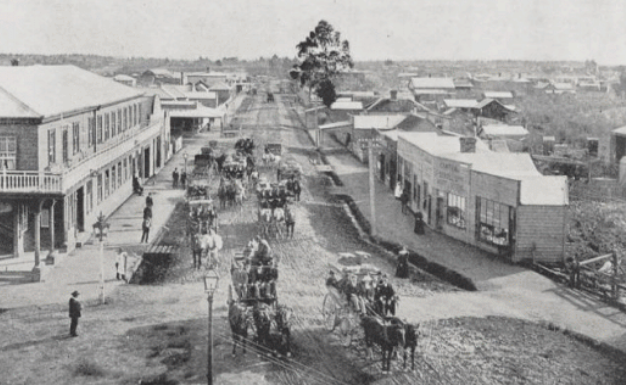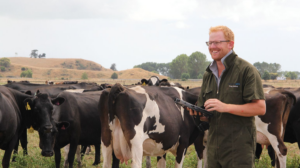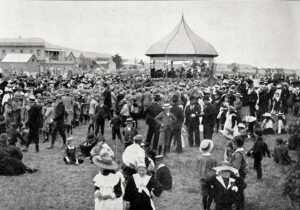As part of a Valley Profile series, MEGHAN HAWKES explores our local history by seeking out stories of life and death in the Thames Valley.
William Medhurst was preoccupied with his chores on a late December morning in 1924.
The 66-year-old had just had breakfast with his wife Emily and son Reginald and was quite cheerful as he left the house, remarking that he was going to light the copper.
He swept the yard and paths, catching the attention of his neighbour Jakob Bertelsen, who was sitting on his verandah. He watched William finish sweeping and drop the broom and then walk through the front gate carrying a benzine tin.
William had recently had an eye removed and the sight in the other was impaired so he used a walking stick to assist him in getting about.
This did not hinder him though – he and Emily had gone to the pictures on Saturday night and the evening before the two of them went for a walk.
He was also looking forward with keen anticipation to a holiday with Emily in the New Year.
But now Emily couldn’t find him and called out to Reginald asking if William was in the garage; Reginald replied that he had left his father in the yard.
Reginald and his mother made a complete search of the property but William was not there. Reginald then went into the street and asked several people if they had seen his father. Jacob Bertelsen had seen William walk towards the river, but he took no particular notice as it had been William’s habit for years to collect ashes and rubbish into benzine tins and carry them across the road and tip them into the river.

When Constable McClinchy was notified that William was missing he went to the river bank at the end of Queen St and found footprints indicating someone had slid into the water.
He organised a boat and some grappling irons and began searching the river. William’s body was recovered after about an hour.
During the dragging operations, a number of benzine tins were recovered, including one containing ashes that were dry underneath.
William had been a highly respected resident of Paeroa for many years. In the early days, before the advent of the railway, he was connected with the coaching business between Tirau and Rotorua, Cambridge and Hamilton. Later he came to Paeroa and was engaged in the Ohinemuri Coaching Company service between Paeroa and the Thames goldfields.
William eventually purchased a large livery and bait stables and conducted them in conjunction with a taxi service.
He retired from the business in 1920 and, with his son, Reginald, established a taxi service at his residence in Queen St.
William, an Englishman, had married Emily in New Zealand in 1881 and they had five children but tragically had lost a son at four days old and a daughter at three-years-old. Several years later another daughter died from childbirth complications.
At the inquest, pains were taken to establish that William had not deliberately gone into the river. Reginald said at no time had his father complained of his sight affliction, nor did he show any signs of depression.
There was no cause for worry. He was a great friend of his father, and home life had been very happy. William enjoyed reasonably good health, had no financial worries, and possessed his full mental faculties.
The coroner concluded that William accidentally drowned while tipping rubbish as had been his custom, and owing to his impaired sight had misjudged the distance from the bank to the river.
He was taken by train to Cambridge where he was buried.
William, who was of a retiring disposition, was content with his lot despite his vision difficulties, when a small misstep had big consequences.




